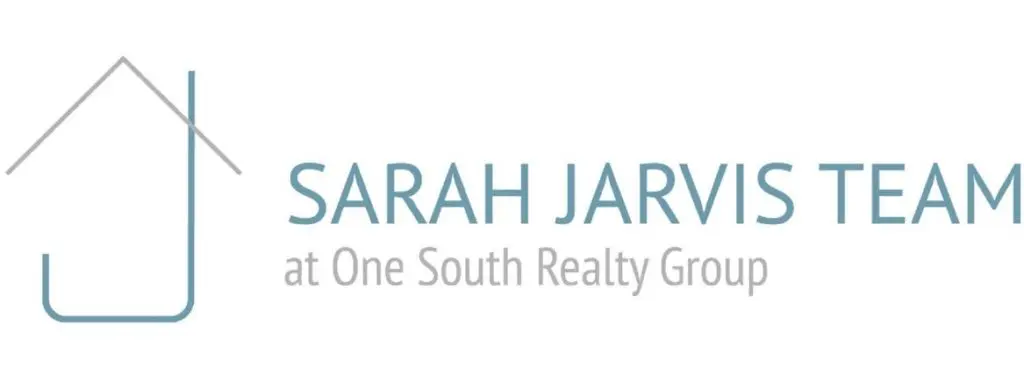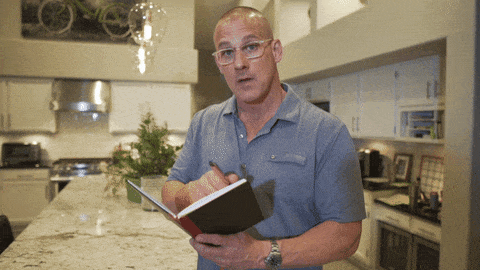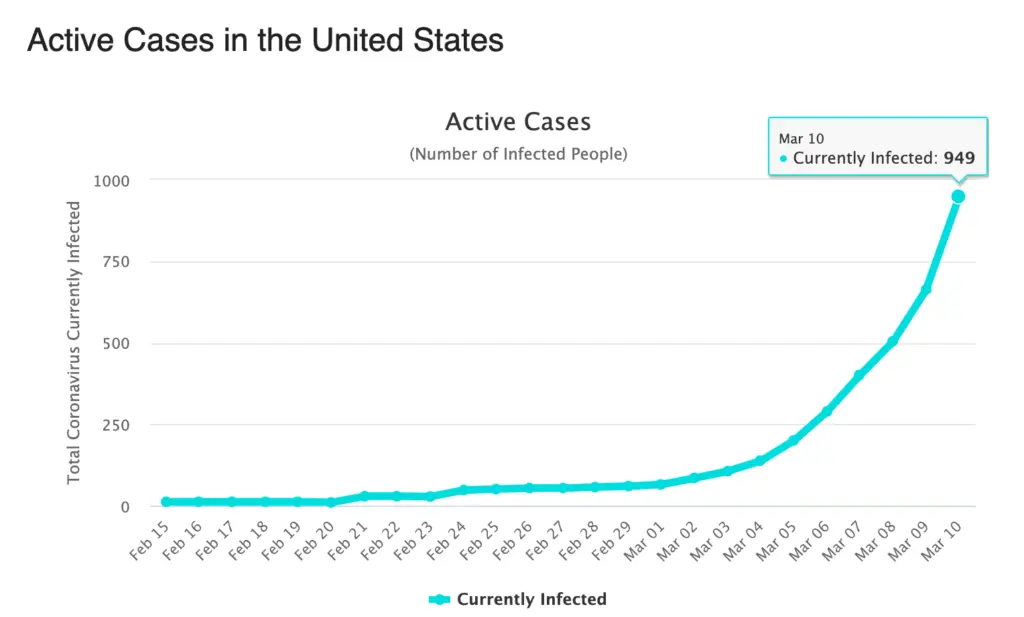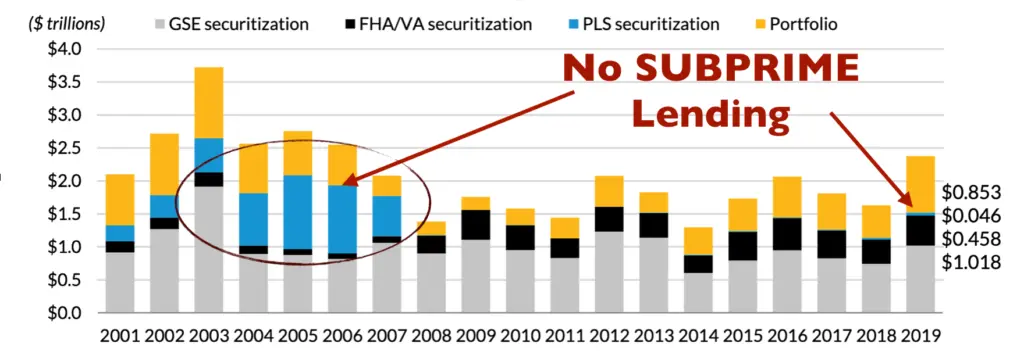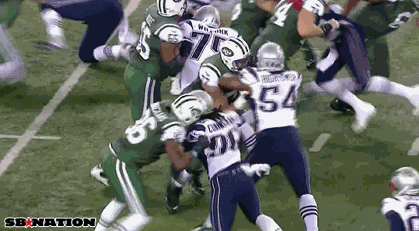13 years.
Over 150 blogs.
3,500 pages.
1 million visitors.
And now we are moving.
RichmondVAMLS.net, the home of the Sarah Jarvis Team at the One South Realty Group will now become RichmondRelocation.net and get a little facelift as well!
It Was Time
As the market has evolved and how people search for housing has as well, we felt it was time to migrate our site and upgrade some behind the scenes technology to better serve our existing clients, as well as those we are destined to meet.
Yes, we will continue to write and keep you informed with the latest analysis of our ever-changing market, as well as be available to answer any and all questions you may have –– just like we have done since we started our site back in 2010.
So over the coming weeks and months, we will be tweaking, installing, revving, and otherwise improving the user experience at our new home on the web.
See You Soon!
Sarah, Kendall, Jenny, Jenny, and Molly
The Sarah Jarvis Team at RichmondRelocation.net
